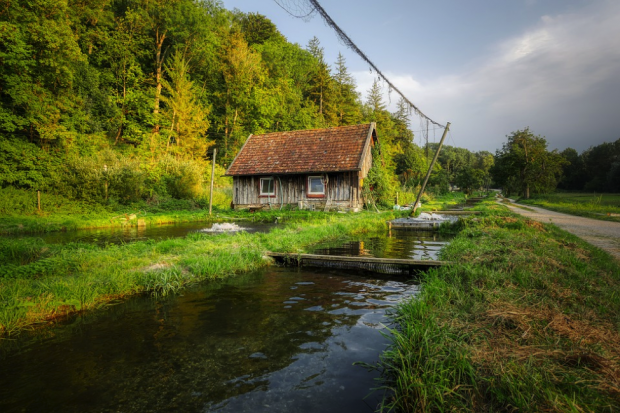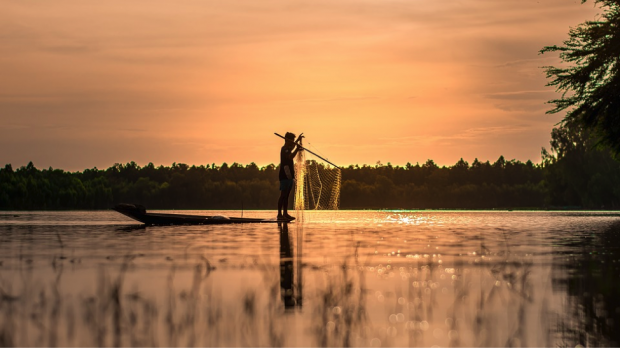Fish Farming: the Advantages and the Disadvantages and How Popular It Is
Fish farming involves the breeding of fish for multiple reasons, ranging from consumption as food, or entertainment and pet ownership. There are both positives and negatives to the concept of a fish farm, and here are some of those factors outlined below.

Keeps Fish Populations Intact
One benefit of fish farming is the impact such practices have on the aquatic population and ecosystems. The growing demand for fish and the subsequent result of dynamic fishing practices can significantly damage such aquatic habitats. A sudden change in a certain species can have devastating implications for entire ecosystems, causing other fish and specifics on the food chain to overpopulate and destroy portions of the ecosystem in question. Fish farms keep businesses from having to decimate reefs and oceans of their fish in order to meet demands.
Affordability
Fish farming helps ensure that such species that may see increased demand remain affordable. As time progresses, the cost of inflation naturally goes up. This is unrelated to other factors that can further skew prices. Catching fish for both consumption and pet ownership in high valued species that range from koi to angelfish, and increased perception of the fish themselves, all contribute to rising prices of fish. Being able to breed fish and have them reproduce in controlled environments creates a supply that helps maintain affordability. This means that the average person can have access to unique and exotic fish in their home aquarium without the hesitation of having to spend too much.

Risks to Local Ecosystems
As impactful as fish farms are to preserving local ecosystems, there are certain risks to consider. If a farm has not taken the necessary steps to ensure they have everything secured and are practicing healthy means of production, the effects in the immediate areas can be significant. If fish escape into local streams, lakes, and other bodies of water, they can reproduce and eventually take over aquatic environments that they are foreign to, which could damage and completely alter the environment.
Another issue to consider is if water that is used to house such farms is not disposed of properly or evaluated to be safe. If farms are not taking the necessary safety measures, the fish and water could hold contaminants that would be damaging to the surroundings. It is imperative that such farms meet all the regulatory health and safety standards to ensure the environment and consumers are all safe.
Popularity
Aquaculture has seen a significant increase over the years. This is a primary result of the increased demand for fish in the world economy. The increase in interest and demand for the industry has also created an increase in popularity, creating a boost in opportunities for the entrepreneurs’ minds.
Fish farming has many benefits, from those that are purchasing the fish to those that run and own the business. The advantages of fish farming also can outweigh the negatives if approached in the right manner. This is important for everyone to consider no matter what side of these aquatic transactions you are on.
